 As we know Nigel Farage, the now internationally infamous politician who led the UKIP juggernaut for Brexit is keen to see an ‘Independence Day from the EU’ established in the British calendar once (or if) the button on Article 50 is pushed.
As we know Nigel Farage, the now internationally infamous politician who led the UKIP juggernaut for Brexit is keen to see an ‘Independence Day from the EU’ established in the British calendar once (or if) the button on Article 50 is pushed.
Aptly, if entirely coincidentally, the Women’s Academic Network held an Open To All EGM on the 4th July (Independence Day in the US, as we know) to invite all academic colleagues, female and male, Faculty staff and PGRs, to an emergency meeting to discuss the many serious concerns that have been raised within in our network as well as heard right across BU since the EU Referendum results.
We were pleased to see that despite the short notice invitations were accepted by a number of colleagues from the Faculties, including UCU representatives together with the current SUBU President, Chloe Schendel-Wilson, PGRs, Nathalie Sherring from Dorset Race Equality Council, James Palfreman-Kaye from the BU DDESG – and of course as ever, some of our regular WAN members, who were among the very first at BU to speak out publicly on this hugely challenging issue.
This was an emotionally charged meeting where much anger, anxiety, sorrow and even fear were expressed. We were sobered to hear of the details of racism and xenophobia experienced at BU, as well as beyond the institutional walls. We heard, for example, how MUSE has become a conduit for anonymous abuse where staff have been personally attacked for their accents, identity, and personal appearance, which has been deeply disturbing and demoralising.
Genuine worry was raised by international colleagues about the security of their jobs at BU given Brexit and the political uncertainty relating to EU migrants. Connected to this other concerns voiced were whether this would also affect BU staff progression and pay promotion if the institution regarded EU academics, for example, as consequently less worthy of investing in.
Other comments were that the current, extremely turbulent and worrying political climate will be decidedly off-putting to both international and home students – particularly given the dominance of the Leave vote regionally and neo-fascist views being expressed with apparent impunity.
Among many comments made and ideas offered there was unanimous support for BU to take an immediate lead in sending out much more robust and more visible messages that are clearly supportive of its ethnically, nationally and religiously diverse staff and student body – and making it unambiguously clear that prejudice will be tackled by the University as absolutely unacceptable.
Discussants also felt that it was important for BU to build a coalition of support involving other high profile stakeholders to show that racist and xenophobic persecution will not be tolerated in this region. Such a coalition could and should incorporate the executive body of Bournemouth Council, the Police Commissioner and Dorset Police, MPs such as Conor Burns, Mayoral representatives, local charities, support groups and other prominent institutions and bodies.
To this end, better alignment between BU and SUBU with the European Association of students is needed to show that students from the EU are very welcome here.
Whatever happens next in this extraordinary socio-political time of turmoil and fragmentation, those of us who attended the meeting sincerely hope that BU is seen to remain a European university in a pan-European context by the international community.
So what next? There were many other excellent points raised in the meeting and we have already begun the process of feeding back the outcomes of the meeting to ULT and HR for their consideration and response. However, if you are personally interested in getting involved in some way on this issue feel free to contact us and we may be able to assist or direct you to others who can.
Finally, many thanks to everyone who congratulated WAN on opening this Pandora’s Box of a topic and offered safety, warmth, inclusivity and respect to our participants in WAN and beyond in discussing these dark post-Brexit Blues.
Sara Ashencaen Crabtree & Natasha Tobin
WAN Co-convenors


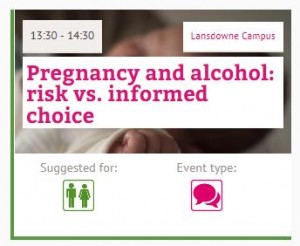
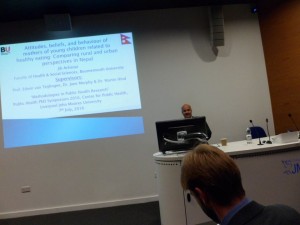

 As we know Nigel Farage, the now internationally infamous politician who led the UKIP juggernaut for Brexit is keen to see an ‘Independence Day from the EU’ established in the British calendar once (or if) the button on Article 50 is pushed.
As we know Nigel Farage, the now internationally infamous politician who led the UKIP juggernaut for Brexit is keen to see an ‘Independence Day from the EU’ established in the British calendar once (or if) the button on Article 50 is pushed.
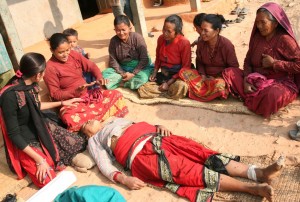
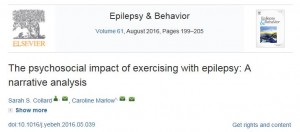
 In the last few months,
In the last few months, 
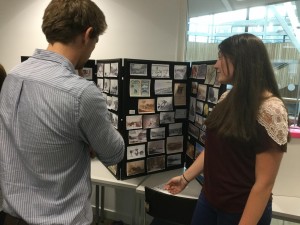
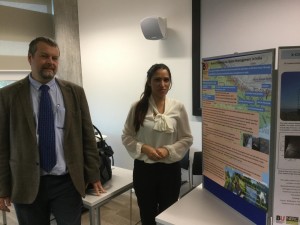
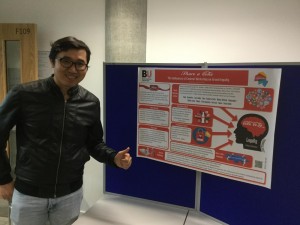
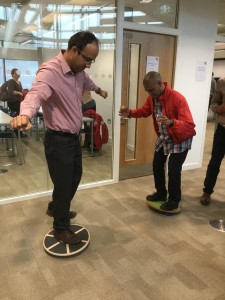
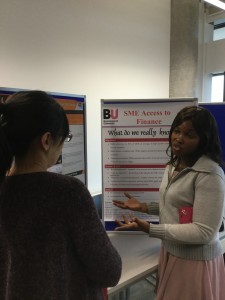
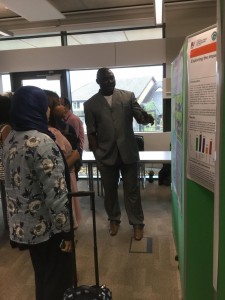
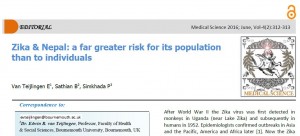
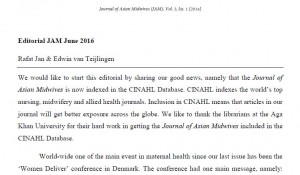
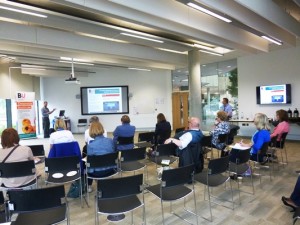
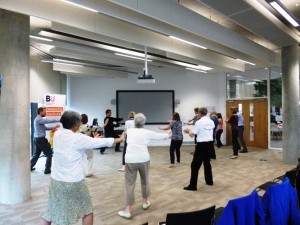

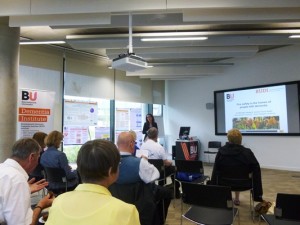
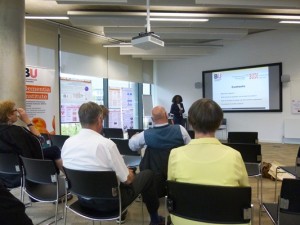
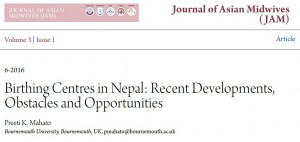












 FHSS academics teaching in Nepal
FHSS academics teaching in Nepal New weight change BU paper
New weight change BU paper One week to go! | The 16th Annual Postgraduate Research Conference
One week to go! | The 16th Annual Postgraduate Research Conference Geography and Environmental Studies academics – would you like to get more involved in preparing our next REF submission?
Geography and Environmental Studies academics – would you like to get more involved in preparing our next REF submission? Congratulations to three former BU staff
Congratulations to three former BU staff MSCA Staff Exchanges 2024 Call – internal deadline
MSCA Staff Exchanges 2024 Call – internal deadline Applications are now open for 2025 ESRC Postdoctoral Fellowships!
Applications are now open for 2025 ESRC Postdoctoral Fellowships! Horizon Europe – ERC CoG and MSCA SE webinars
Horizon Europe – ERC CoG and MSCA SE webinars MaGMap: Mass Grave Mapping
MaGMap: Mass Grave Mapping ERC grants – series of webinars
ERC grants – series of webinars